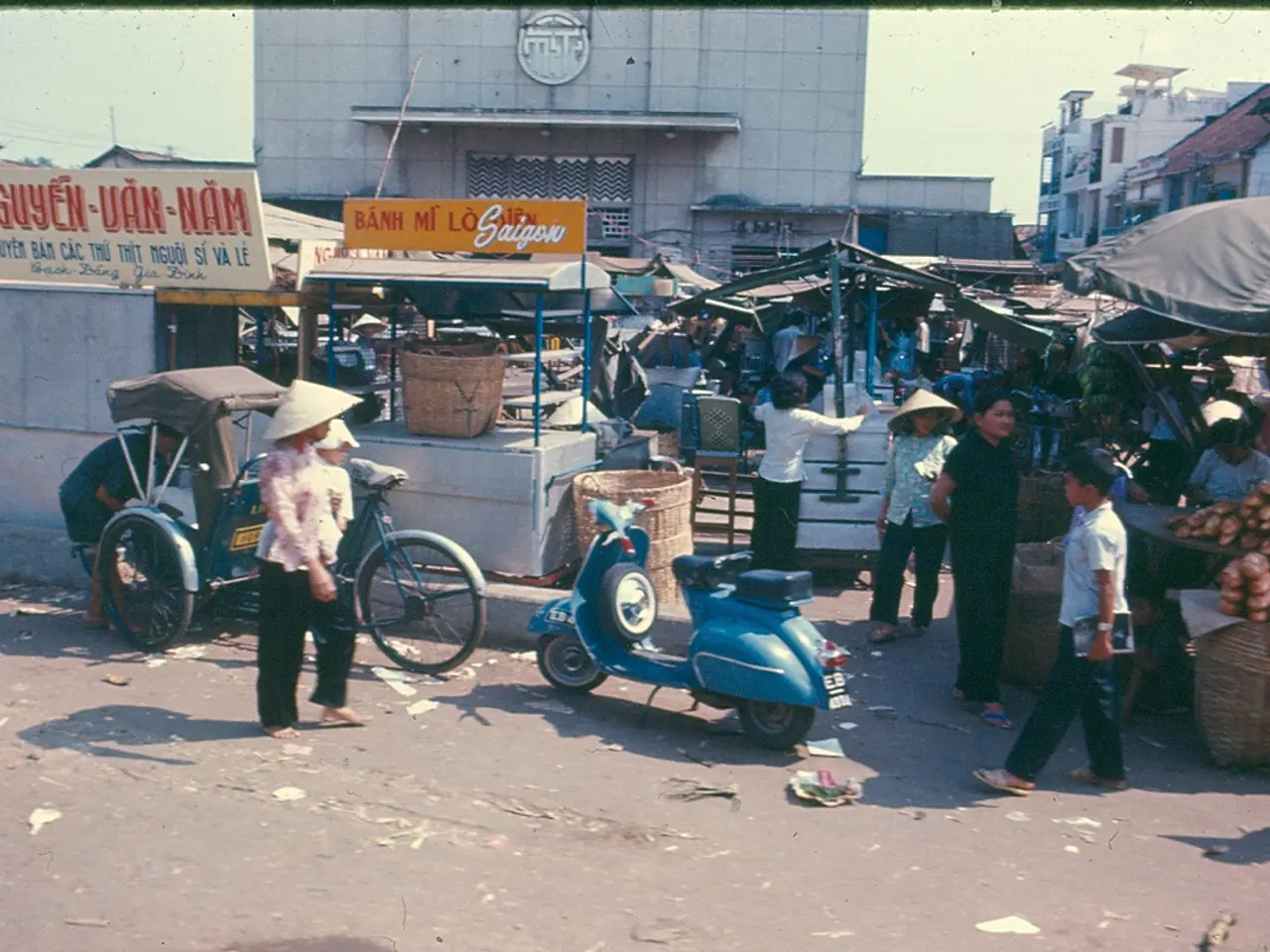EU & AU Launch Plan to Transform Africa's Economy into Circular Model by 2034
The European Union (EU) and African Union (AU) have unveiled a groundbreaking plan to foster a circular economy in Africa over the next decade. The Continental Action Plan for the Circular Economy (CEAP) for Africa (2024-2034) was presented today at the European Commission, marking a significant step in Africa's green transition.
CEAP is a transformative shift from the traditional linear economic model, focusing on waste reduction and increased recycling. It aims to promote sustainability, drive economic growth, and improve resource efficiency across Africa. The plan targets key sectors such as agriculture, packaging, energy, construction, manufacturing, electronics, technology, and textile and fashion industries.
Both African Union Commissioner Moses Vilakati and EU Commissioner Jessika Roswall view CEAP as an opportunity for Africa to lead the global circular economy and tackle climate change. The initiative seeks to create millions of green jobs and encourage youth entrepreneurship through cross-border cooperation. CEAP will improve waste management systems and recycling infrastructure, particularly through ecological technologies and local innovations.
The EU is supporting CEAP's development in collaboration with African experts, governments, and institutions, viewing the circular economy as a global project for all regions to adapt. Today's event demonstrated Africa's readiness and independence in its approach to sustainable development.








